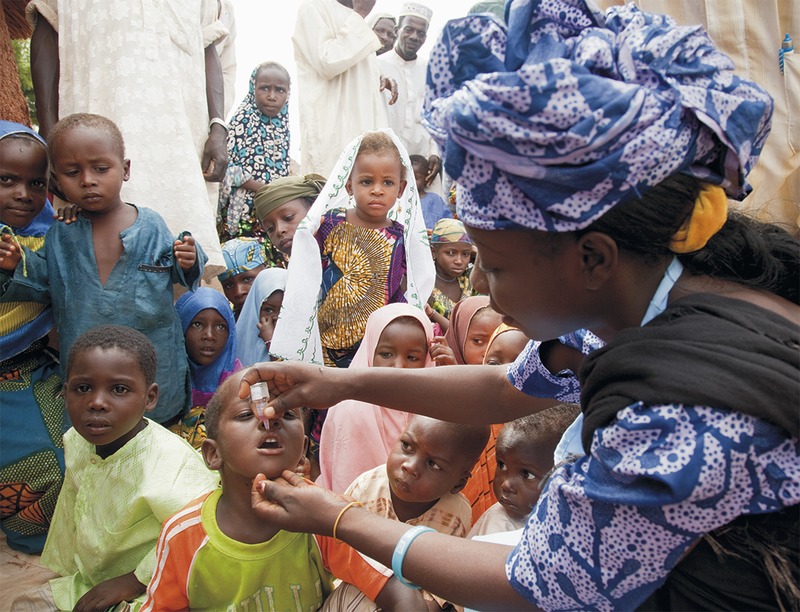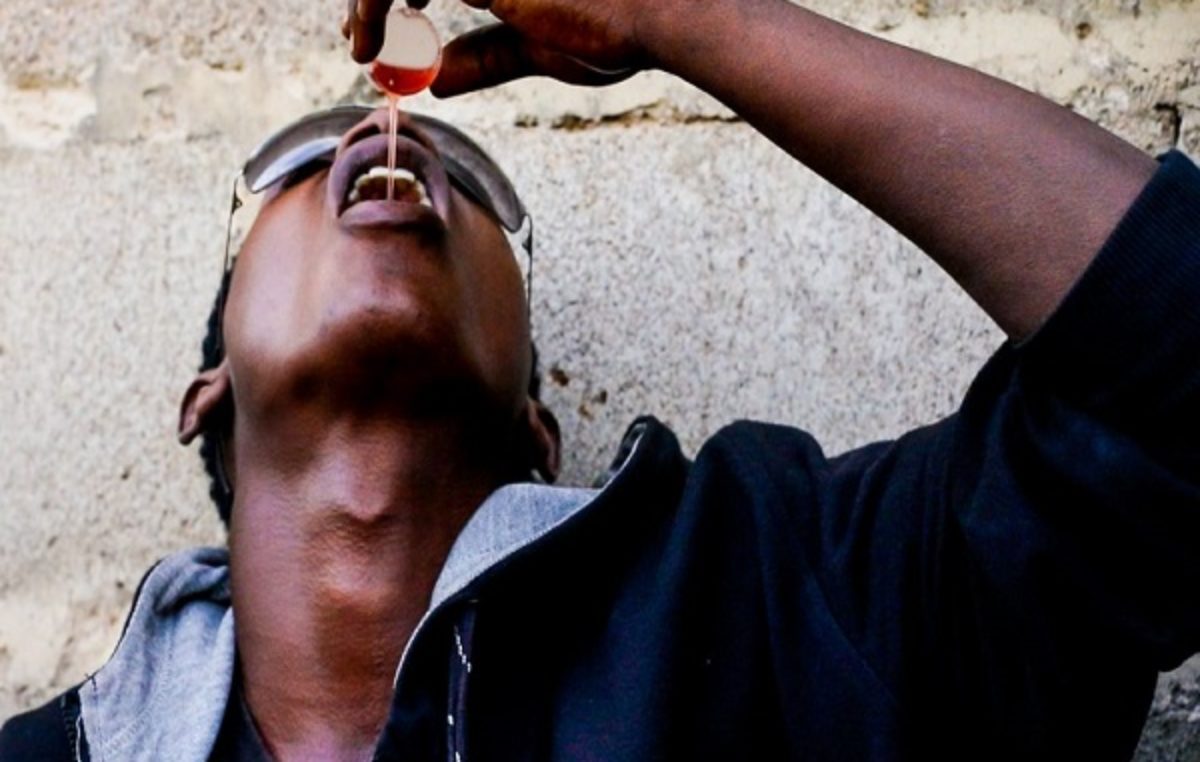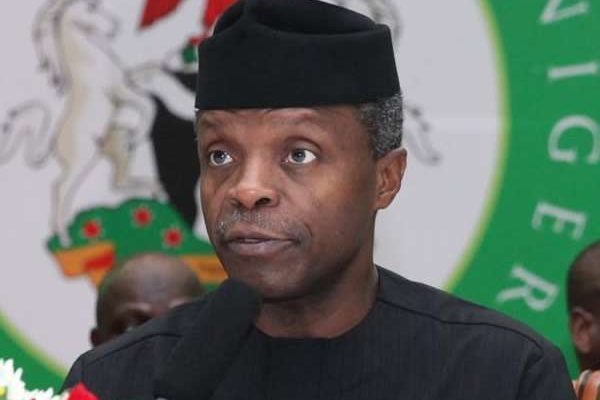Vaccination Still Eludes 75% Of Nigerian Children – Report
Children under the age of five maybe facing a bleak future as the 2017 Multiple Indicator Cluster Survey, MICS, show that over 75 percent of Nigeria’s children age 0 to 59 months were not fully immunized despite the fact that vaccine preventable diseases account for 40 percent of all childhood deaths in Nigeria Children undergoing vaccination against meningitis in Nigeria.
According to the World Health Organisation, WHO, Vaccines have been one of the biggest success stories of modern medicine and it is no longer news that millions of deaths have been prevented due to vaccinations delivered around the world.
Many lives have also been protected from disability associated diseases such as pneumonia, diarrhoea, whooping cough, measles, and polio.
Successful immunisation programmes also enable national priorities, like education and economic development to take hold. Sadly, although, the country made great strides in reducing deaths of under 5-year-old children from 158 to 120 per 1000 births between 2011 and 2016, according to UNICEF, in the same period, the coverage of the main vaccines offered through routine immunization continued to decline.
The MICs report shows that only 1 in 4 children in the country receive all the recommended vaccines and over 36 percent of these children live in urban areas while only 14 percent are found in the rural areas.
According to the report over 29 percent of children vaccination card was seen but not fully immunized.
The South West has the highest number of children fully vaccinated with over 47 percent (47.9) while the South South followed with over 38 percent, the South East 36. 5 percent and the North Central 26.2 Percent, the North East has 17. 5 percent and the North West have only 7.9 percent.
It further showed that immunization coverage for preventable vaccine between the 36 states varies dramatically from 80 percent in Lagos to 3 percent in Sokoto and is still below the recommended global goal of 90 percent in all of them.
The World Health Organisation, WHO, UNICEF and Global Vaccine Alliance believed that immunisation, is one of the world most successful and cost-effective health interventions.
Further findings by Good Health Weekly, showed that also in 2017, a joint report sponsored by Centre for Disease Control, GAVI, UNICEF and WHO, revealed that Nigeria still top the chart of number of children not vaccinated against measles even though there has been a substantial decline in global measles death.
In the report, Nigeria tops the list of countries with unvaccinated children from measles with 3.3 million children, followed by India with 2.9 million, Indonesia has 1.2 million, Ethiopia with 0.9 million and Democratic Republic of Congo, DRC, with 0.7 million and Pakistan -2.0 million. According to the report, since measles is a high contagious viral disease, large outbreaks continue to occur in these countries, especially in Nigeria as the country records suspected measles cases and deaths.
In the views of UNICEF Representative in Nigeria, Mohamed Malick Fall, 4.3 million children in Nigeria still miss out on vaccinations every year. Malick Fall said children who have never been vaccinated are at the greatest risk of contracting diseases such as measles, whooping cough, and tetanus, which may be fatal or lead to long-term debilitating effects on survivors.
Malick Fall: “Poverty, overcrowding, poor hygiene and sanitation as well as insufficient nutrition and healthcare increase the risk of diseases such as pneumonia and measles; diseases that are easily preventable with vaccines.”
He maintained that all children no matter where they live or what their situations are have the right to survive and thrive, safe from deadly diseases.
Malick Fall said: “Vaccination acts as a shield, keeping families and communities safe. By vaccinating children, we are protecting the most vulnerable members of the communities.” “Millions of lives can be saved by extending basic health services, like routine immunization, to the most vulnerable and disadvantaged children. In Nigeria, the Government has developed an ambitious 10-year national Immunisation and Primary Health Care Systems Strengthening Plan that aims to reverse the current negative trends.
“Immunization is one of the most powerful and most cost-effective health interventions. This vaccine protects children against diphtheria (sore throat and fever with a potential for complications), whooping cough, tetanus, hemophilus influenzae type B (bacteria causing several types of infections) and hepatitis B (inflammatory disease of the liver).
In a report, the immediate past National President of the NMA, Dr. Mike Ogirima, described the report as worrisome, hence, the need for Nigeria to urgently increase the immunization coverage with a view to preventing childhood deaths due to vaccine preventable diseases like measles among others.
He said there is need for stakeholders in the health sector to intensify campaign on immunization of children against childhood killer diseases.
Ogirima posited that every Nigerian including the three tiers of government, had the responsibility to enlighten the public through aggressive campaigns on the need for regular immunisation of children.




